At the end of August, Samsung regained leadership in the smartphone market. According to analysts at Counterpoint Research, the South Korean giant controls 22% of the mobile device market. This is not a bad achievement. The first half of this year was quite difficult for all companies due to the coronavirus pandemic and crisis. But it seems that the situation is gradually leveling off.
Samsung is growing, Huawei is falling, and Apple third in August
The US sanctions also did their job, provoking a decline in demand for Huawei products, which at the end of the previous month was in second place with a result of 16% of the market share. Recall that the Chinese company has been the leader among smartphone manufacturers since April this year.
Samsung owes its success primarily to the Indian market, where it has managed to consolidate its position. But even here, politics influenced the company’s success in the local market. Anti-Chinese feelings reigning in recent months due to the territorial conflict between India and China has led to an increase in demand for Samsung products and a boycott of Chinese goods.
In the third place at the end of August was Apple, whose share is estimated at 12%. The fourth line of the table of ranks of the largest smartphone manufacturers was taken by Xiaomi – 11%.
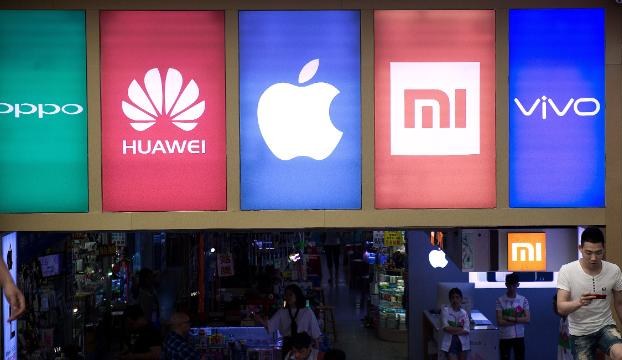
The average price of smartphones has increased by 10% and here’s why
The cost of smartphones has changed over the past couple of years. Price tags went up and this is an irreversible process. The price component is influenced by many factors, and the crisis contributed to the rise in prices. Thus, analysts from Counterpoint Technology Market Research, having analyzed the situation in the smartphone market in the second quarter of this year, note that the average price for mobile devices on a global scale has grown by 10%.
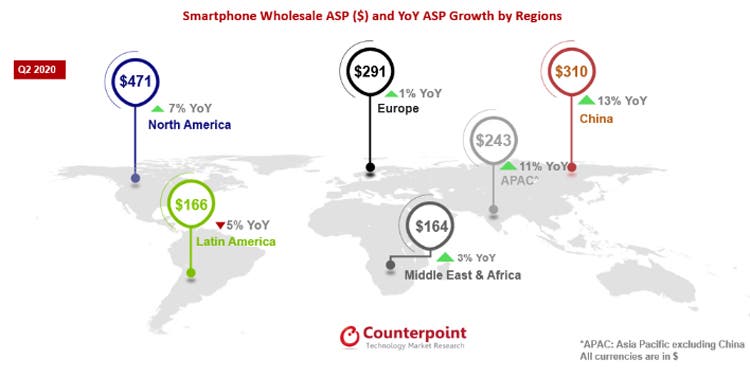
Experts believe that among the main factors that led to higher prices are the decline in the smartphone market and the switch to 5G as more and more devices with support for fifth-generation networks appear; but they are by no means cheap. It provoked an increase in the average cost of smartphones and a relatively insignificant decline in the segment of premium devices – 8% against a – 23% decline in the mobile phone market as a whole.
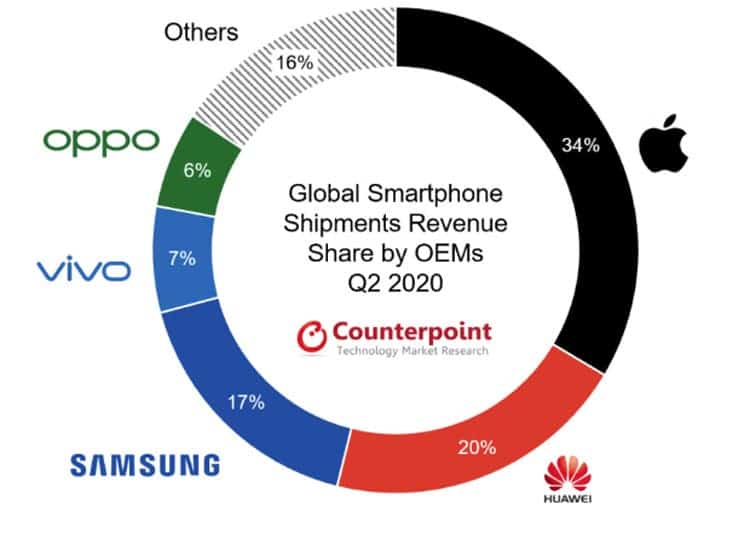
Naturally, the decline in demand led to the fact that smartphone manufacturers were unable to earn as well as in the last year. The drop in revenue was 15% on average.
Apple still earned the most on smartphone sales in the second quarter of this year with %34. Despite the sanctions, 20% of the revenues went for Huawei. Samsung has 17%, Vivo 7% and Oppo 6%.

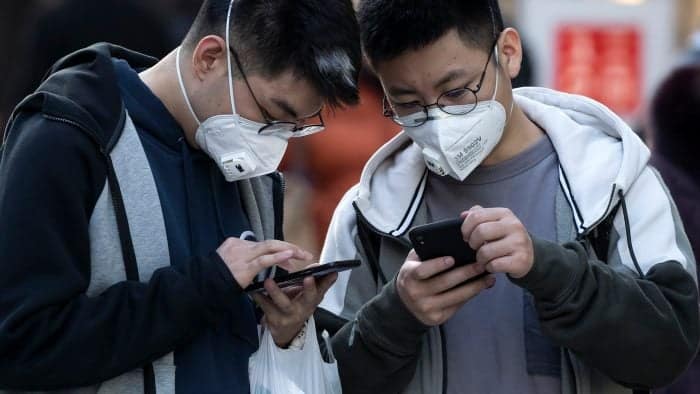

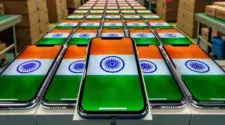


Samsung is not 'growing '. It's a created advantage because the US wants its spitlickers to prosper so that those who are independent from being their slaves have a hard time! But it won't last for long. Huawei will catch up and move ahead again! Hahaha